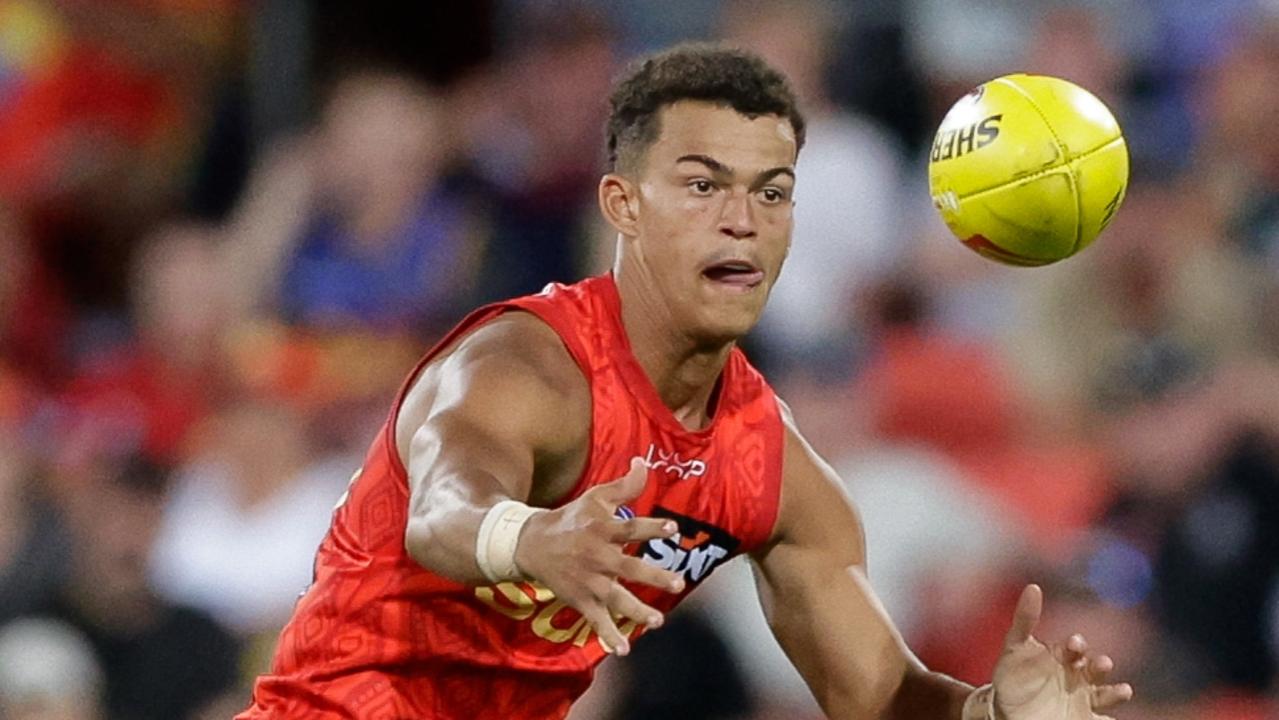Richard Marles urges vigilance after spy boss warns of ‘degraded’ security environment
Australians are being urged to be “vigilant” after the country’s domestic spy chief dropped a bombshell warning.
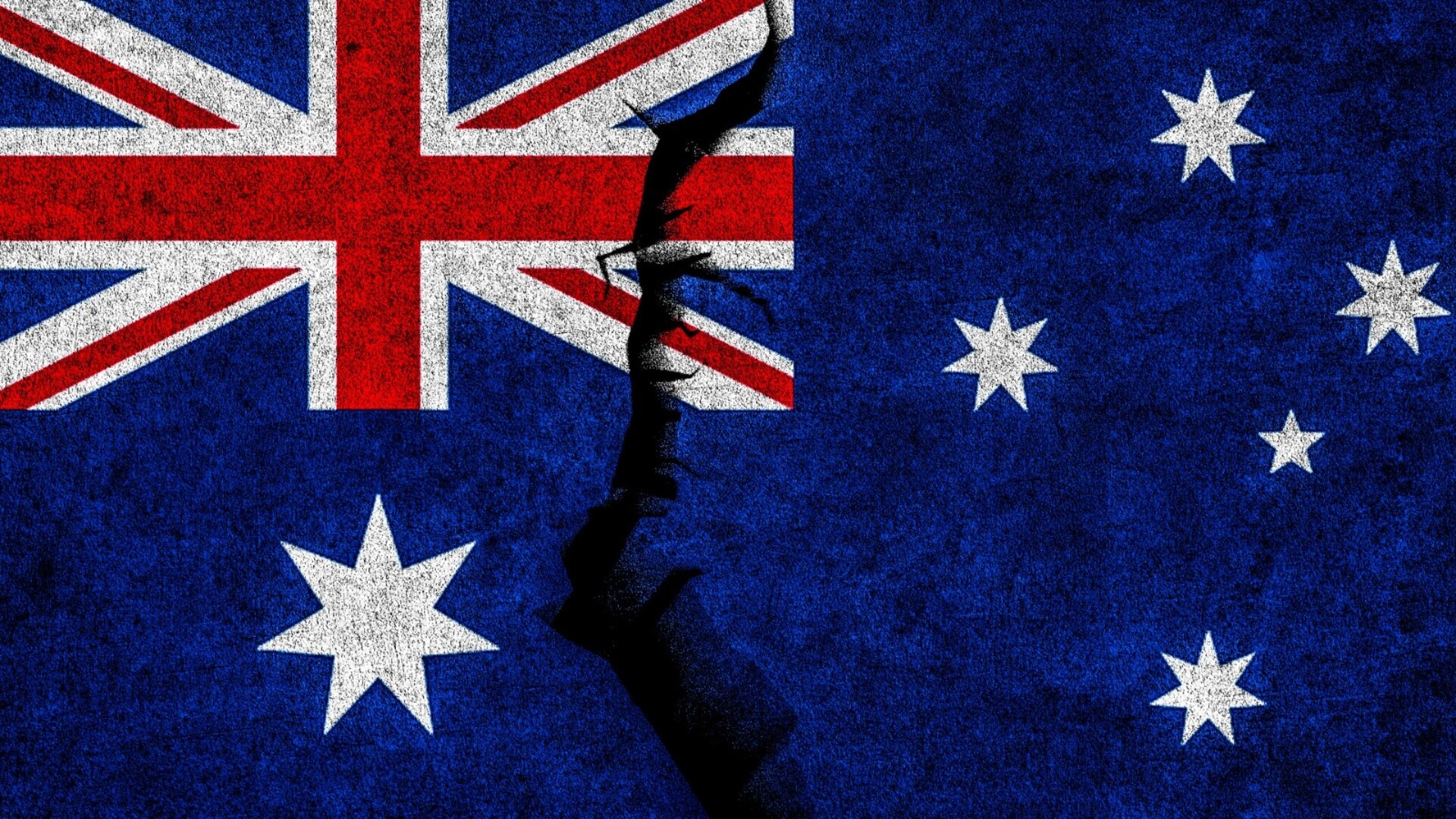
Richard Marles has called on Australians to be “vigilant” after the country’s domestic spy chief warned of the most “difficult threat environment” in half a century.
Mike Burgess, who heads ASIO, revealed foreign plots to kill activists on Australian soil in his annual threat assessment on Wednesday night.
He also said hostile states were trying to steal defence secrets and warned that the spate of anti-Semitic attacks gripping Australia’s biggest cities were not over.
The Deputy Prime Minister on Thursday acknowledged the situation was grim but said Australians should “have a sense of confidence” in the abilities of the intelligence services to rise to the challenge.
“The fundamental fact is that we live in the most challenging, in many respects, threatening strategic circumstances that we face since the end of WWII,” Mr Marles, who also serves as defence minister, told Sky News.
“You can look around the world to see how complex it is, and in many respects, how volatile it is, and we’re not immune from that.
“Because of this, we are increasing our defence spending very significantly.”
Indeed, the Albanese government has been pumping tens of billions into rapidly expanding Australia’s offensive and defence capabilities, including the country’s ability to produce state-of-the-art munitions domestically.
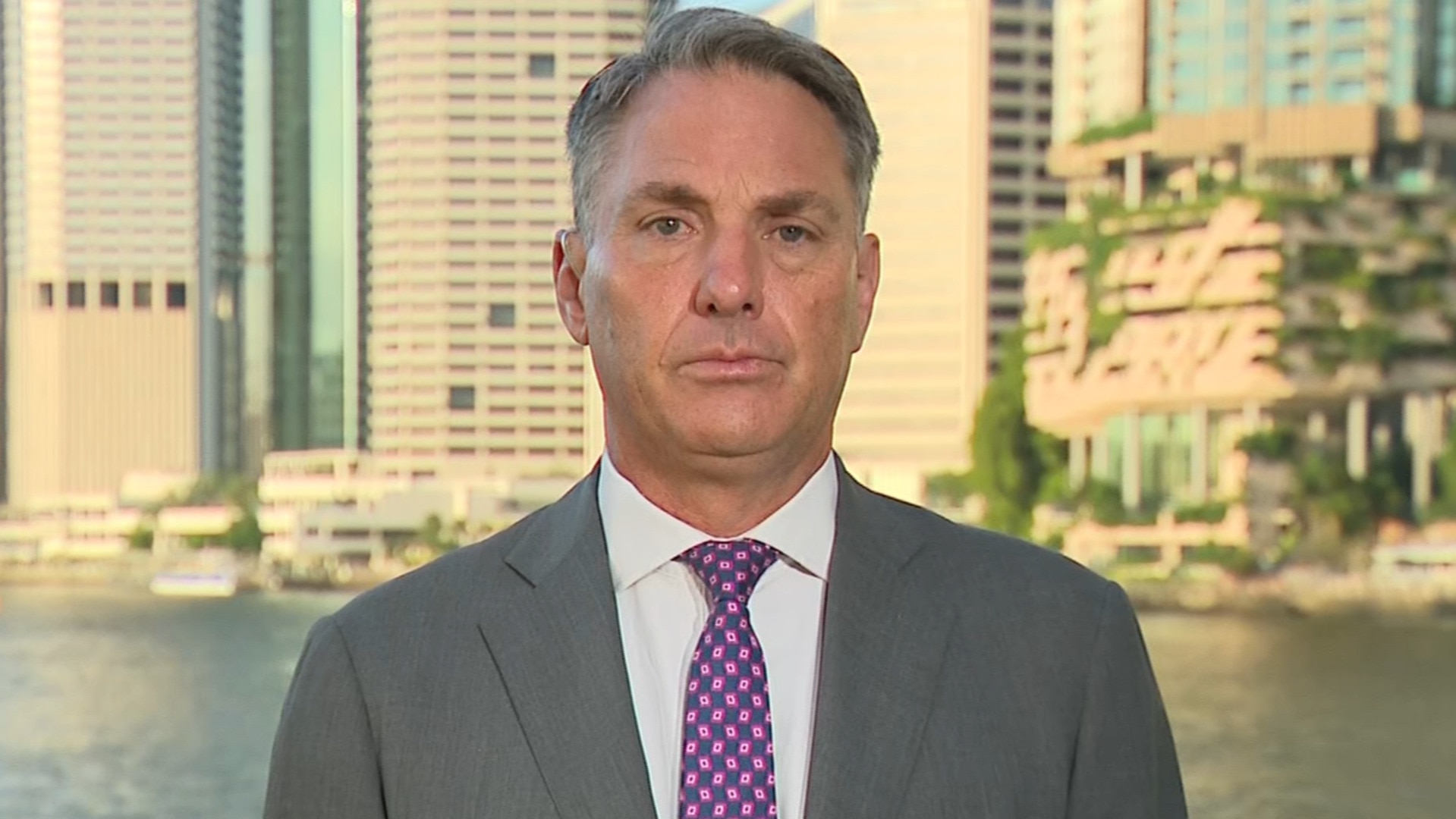
Mr Marles said while the action was needed due to global uncertainty, it was also drawing a lot more attention to Australia.
“We are significantly increasing our national capability in terms of defence, and that, in turn, has a number of countries looking at us and interested in what we’re doing and wanting to know more through whatever means,” he said.
“And so the world is a complex place right now, and we do need to be vigilant in that respect.
“We’re making the decisions we need to make about our own defence capability, but we also need to be making sure that we’re protecting the community, and we can do that.”
GRIM SECURITY OUTLOOK
In his assessment, Mr Burgess said Australia’s security environment would become “more dynamic, more diverse and more degraded” over the next five years.
He said foreign intelligence services were “relentlessly seeking information about our military capabilities”, adding that ASIO was on high alert for espionage efforts targeting AUKUS, with defence personnel being targeted in person and online.
“Some were recently given gifts by international counterparts. The presents contained concealed surveillance devices,” Mr Burgess said.
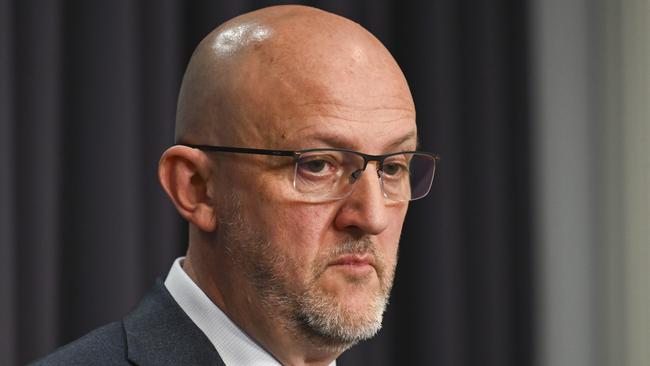
Threats were also coming from countries Australia would “consider friendly”, he said, adding that AUKUS would “remain a priority target for intelligence collection”.
“ASIO has identified foreign services seeking to target AUKUS to position themselves
to collect on the capabilities, how Australia intends to use them, and to undermine
the confidence of our allies,” he said.
Mr Burgess described his threat assessment as the “most significant, serious and sober address so far” and said Australia was facing “multifaceted, merging, intersecting, concurrent and cascading threats”.
Factors included worsening social cohesion due to conflict in the Middle East, “more aggressive and reckless Russian intelligence” operations, which have targeted Ukrainian supporters like Australia, and the lingering anti-authority and distrust in institutions spiked by the Covid pandemic.
The concept of truth was also “being undermined” by conspiracy theories and misinformation and disinformation, which was being inflamed by social media, Mr Burgess said.
“Major geopolitical, economic, social and security challenges of the 1930s, ’70s and ’90s have converged,” he said.
“As one of my analysts put it with an uncharacteristic nod to popular culture: everything, everywhere all at once.”
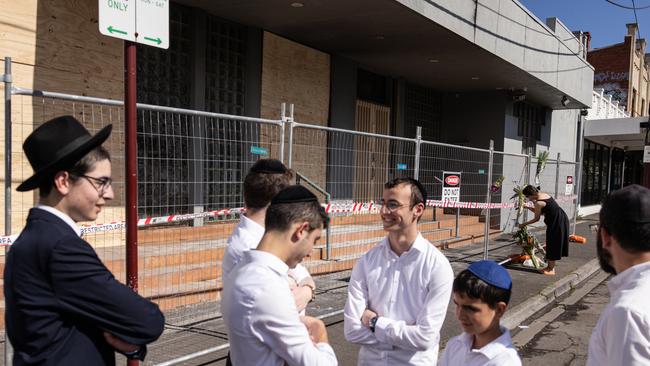
Speaking about Australia’s national terrorism threat level, which had been raised to probable in 2024, Mr Burgess said he did not anticipate it being lowered “in the foreseeable future”.
“Politically motivated violence is raising the temperature of the security environment and making acts of terrorism more likely,” he said.
“We expect nationalist and racist violent extremists to continue their efforts to ‘mainstream’ and expand their movement.
“They will undertake provocative, offensive and increasingly high-profile acts to generate publicity and recruit. While these activities will test legal boundaries, the greatest threat of violence comes from individuals on the periphery of these organised groups.”
Mr Burgess also spoke to the increasing risk of proxies acting on behalf of foreign regimes in order to give “governments a degree of deniability”.
He also rang the alarm bell for a potential act of “state-sponsored or state-supported terrorism” or instances which use “criminal proxies” to conduct sabotage.
Mr Burgess said Australia wasn’t “immune to hostile nation states, such as Iran, undertaking acts of security concern on our shores or near region”.
“We shouldn’t be complacent or consider ourselves insulated from any of these threats,” he said.
“Whether such acts serve an internal interest, or a form of retaliation against Israel or our allies, we need to remain alert and responsive to these evolutions.”
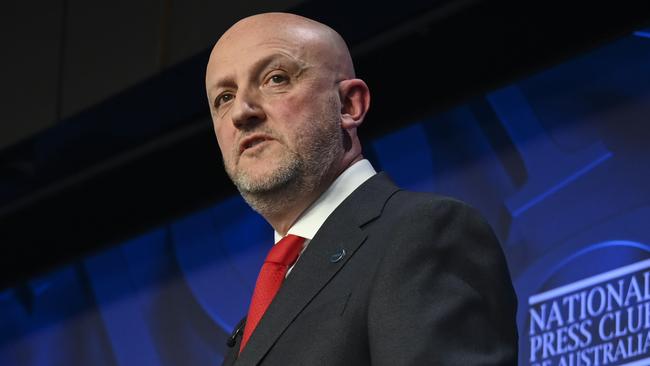
Mr Burgess added that to date, ASIO had identified at least three countries “plotting to physically harm people living in Australia”.
At least four countries had forced a resident to leave Australia and return to their home state through coercion or threats to their families, he said.
“In this instance, our Counter Foreign Interference Taskforce was aided by Australians who saw what was happening and reported the matter to authorities,” Mr Burgess said.
“Australians have a tradition of backing the underdog. There is something to be said about the quality of a people based on what they stand up to.”
There was also an “alarming increase” in young people being targeted by ASIO counter-terrorism investigations, with the median age now at 15.
Subjects were “overwhelmingly male” at about 85 per cent and “overwhelmingly Australian-born”.
Of the 17 per cent of minors under investigation who were born offshore, the median age of the cohort for when they arrived in Australia was 4½ years old.
“The most obvious trend is that the young are getting younger,” Mr Burgess said.
Originally published as Richard Marles urges vigilance after spy boss warns of ‘degraded’ security environment




